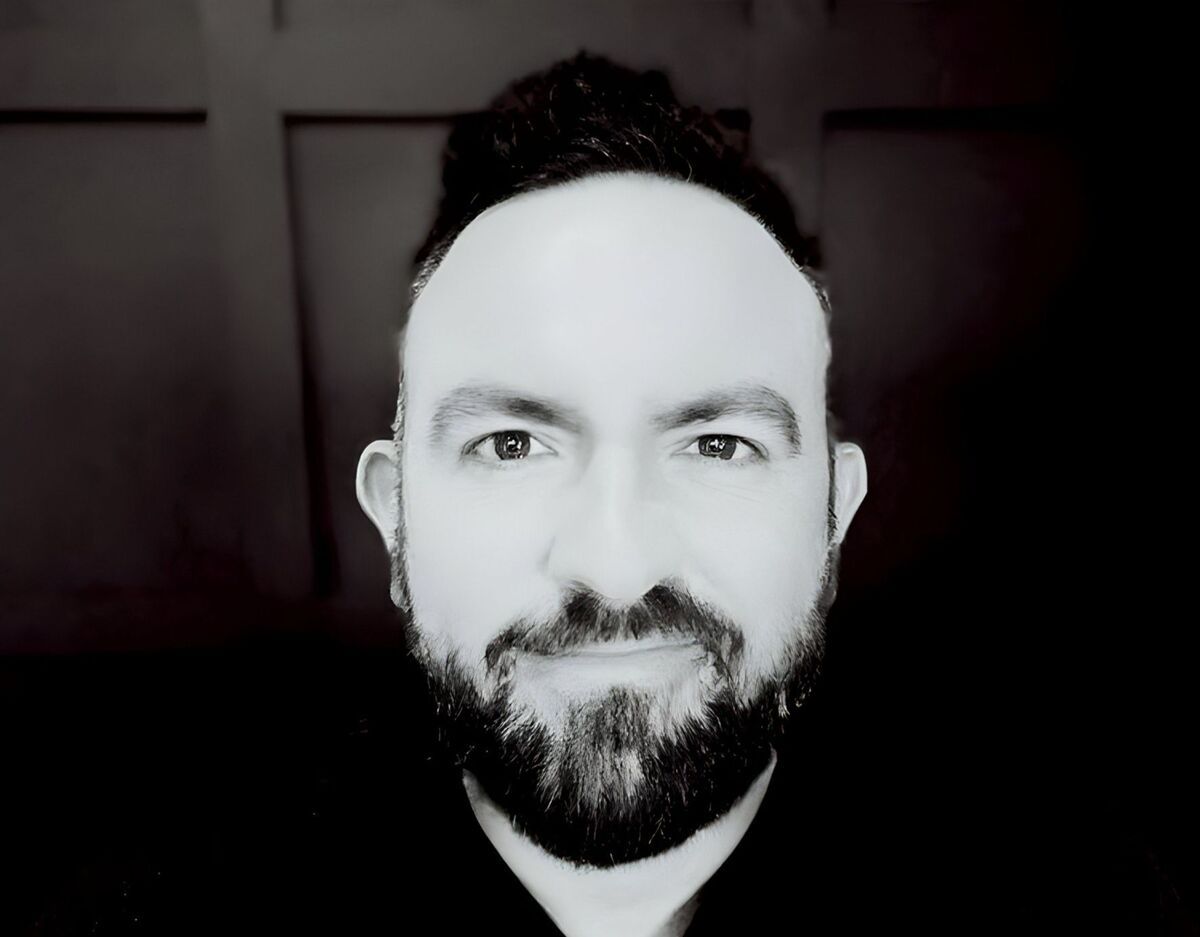In the early 90s, a man named Joe was on the brink of burnout. He was a mid-level manager at a tech company, constantly juggling project deadlines, office politics, and the unpredictable ups and downs of his industry. He couldn’t shake the feeling that life was happening to him, that he was reacting more than acting, trapped in a cycle of exhaustion, frustration, overwhelm—sometimes even a sense of numbness about life.
Then, he came across Stephen Covey’s Circle of Control—a tool that would turn his life around. The concept was simple yet revolutionary: focus on what you can control and let go of what you can’t. For Joe, it was a paradigm shift. Instead of spending his energy on things outside his control, he channeled it into actions within his influence. Slowly, he began to feel freer, more in control, and saw real improvements in both his work and personal life.
Today, Joe isn’t just surviving—he’s thriving. He leads his team with confidence, makes intentional decisions, and embraces challenges with clarity. He discovered the power of Covey’s Circle of Control, and it changed everything.
Understanding the Circle of Control
Stephen Covey’s Circle of Control is divided into three parts:
Circle of Control: Things you can directly influence, like your thoughts, actions, and immediate responses.
Circle of Influence: Areas you can impact indirectly, such as relationships, team dynamics, and personal growth.
Circle of Concern: Things outside your control—politics, the economy, other people’s opinions, and so forth.
The key? Spend your energy on the innermost circle—your Circle of Control. Research shows that people who focus on what they can control experience less stress and greater well-being. For men in the prime years of life and work, this framework is invaluable.
Applying the Circle of Control to Life and Work
1. Identify What’s in Your Control
It all starts with clarity. Reflect on where you’re currently investing your time and energy. Are you caught up in the stress of world events, corporate decisions, or other people’s opinions? Or are you focusing on improving yourself, your skills, and your relationships?
Life Application: If you’re feeling frustrated with your physical health, ask yourself, What’s in my control here? Your diet, exercise, and sleep are within your Circle of Control. Instead of obsessing over uncontrollable factors (like genetics or age), double down on habits you can directly manage.
Work Application: If your team’s productivity is lagging, focus on your own leadership style, communication, and support. You can’t control each team member’s behavior, but you can control your approach, making adjustments that encourage better performance and morale.
2. Minimize Your Circle of Concern
Covey’s model isn’t about ignoring the outside world—it’s about limiting how much of your mental energy it consumes. In business, for example, focusing on market trends is important, but obsessing over them can lead to reactive decision-making. Instead, stay informed without letting concerns outside your control drain your energy.
Life Application: Minimize time spent on social media or news if it triggers feelings of stress or helplessness. Focus instead on your family, your immediate environment, and the people around you.
Work Application: Avoid getting caught up in company-wide politics or rumors. Instead of reacting to every shift, center your focus on your own performance, skill development, and team support. This stability not only strengthens your own peace of mind but also positively impacts your colleagues.
3. Expand Your Circle of Influence Through Action
By focusing on your Circle of Control, you naturally begin to expand your Circle of Influence. Covey observed that people who consistently invest in their Circle of Control gain credibility, trust, and respect. When you take responsibility for yourself, others take notice.
Life Application: Want to be a positive influence on your family? Begin by modeling the habits you want to see. If you’re prioritizing health, resilience, and respect, you’ll notice others following suit over time.
Work Application: By focusing on your role, delivering high-quality work, and maintaining a positive attitude, you influence the people around you. Your colleagues will respect your calm, composed approach to challenges, and over time, you may find yourself with more influence in the company.
Focus on What You Can Control
The Circle of Control is more than a tool; it’s a pathway to peace, productivity, and purpose. As Epictetus once said, “Make the best use of what is in your power, and take the rest as it happens.” Life and work are filled with things beyond your control. But when you focus on your Circle of Control, you’re not just reacting—you’re building something real, meaningful, and lasting.
So here’s your challenge: Identify one area in your life or work that’s been draining your energy and ask, Is this within my control? If not, let it go. Then, focus on what you can change. Over time, you’ll see the fruits of a life lived within your Circle of Control.
Cheers,
Matt
P.S. If this was helpful for you, it might be helpful for someone else. Feel free to share it. My goal is to help as many people as possible stop settling and start living. 🤙
